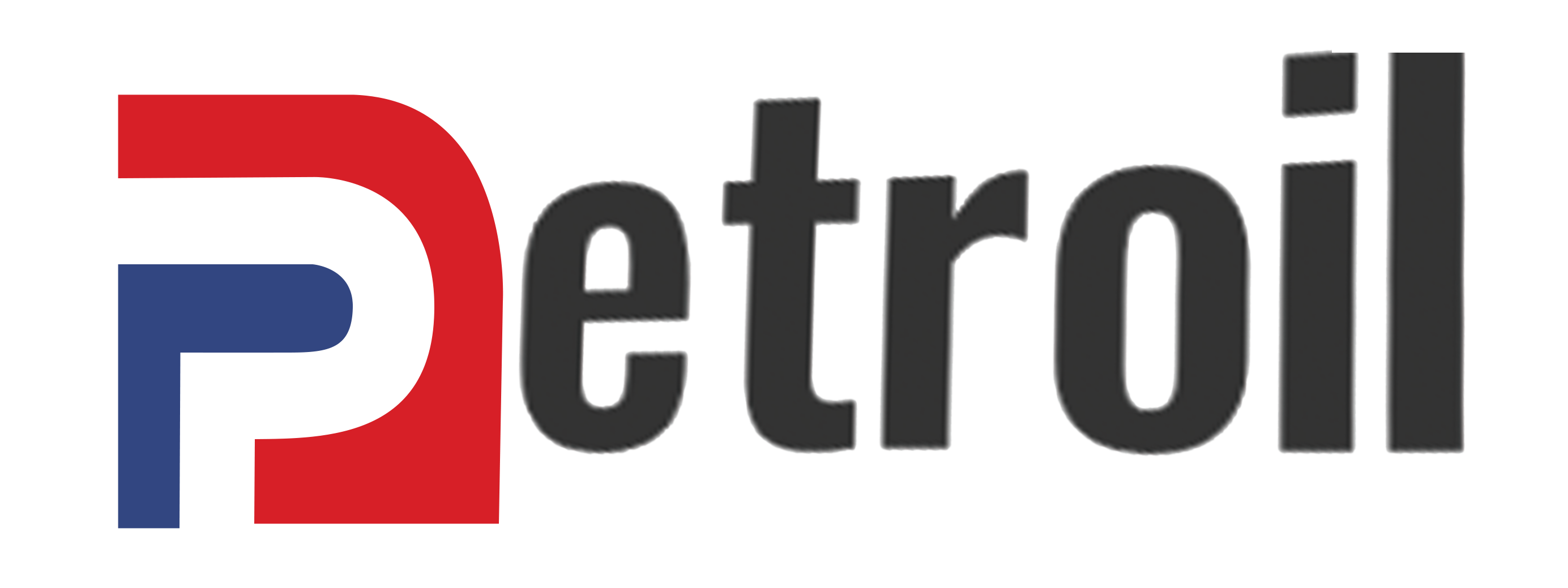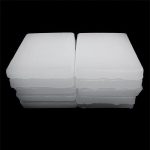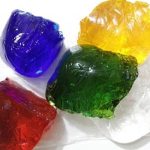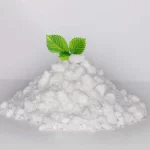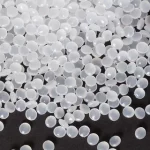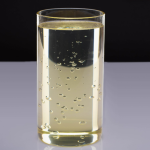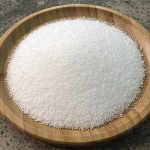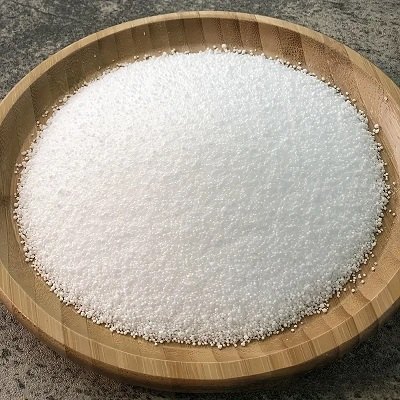
Powdered paraffin is one of the widely used forms of paraffin in various industries such as rubber manufacturing, match production, and textiles. In this article, get familiar with the features, applications, and benefits of this type of
paraffin.
What is Powdered Paraffin?
Powdered paraffin is a specialized and commonly used form of paraffin produced as very fine particles, playing a significant role in various industries. This type of paraffin, with a uniform structure, high purity, white color, and odorless
nature, is ideal for applications requiring precise and controlled mixing.
Powdered paraffin is derived from the refining of heavy petroleum derivatives and is converted into particles of specific and uniform size through processes like spray cooling or mechanical grinding of solid paraffin. Particle sizes
typically vary from a few microns up to several hundred microns depending on the application.
Production Stages of Powdered Paraffin
The production process begins by extracting paraffin from heavy petroleum cuts. These materials are refined and purified into high-purity solid paraffin. Subsequently, the paraffin is transformed into powder particles by industrial
technologies. The final product quality depends on factors such as freezing point, residual oil percentage, color, and particle uniformity. Precise control over these factors ensures that powdered paraffin is suitable for sensitive
industrial applications.
Classification and Types of Powdered Paraffin
Powdered paraffin is categorized based on purification level, oil content, and final use into several main types:
-
Fully Refined Powdered Paraffin: Very low oil content, white color, and high purity, suitable for sensitive industries like cosmetics, hygiene, and indirect food contact.
-
Semi-Refined Powdered Paraffin: Contains higher oil percentage, yellowish tint, and more economical pricing, suitable for general and industrial uses.
-
Modified Powdered Paraffin: Combined with specific additives for specialized applications such as enhanced heat resistance or waterproof properties.
Advantages of Using Powdered Paraffin Compared to Other Forms
One of the prominent advantages of powdered paraffin is its precise dosing and uniform mixing capability in industrial formulations. Unlike solid paraffin that requires melting or liquid paraffin which is more sensitive in transport and
storage, powdered paraffin offers greater flexibility in use, higher safety, and easier storage.
Additionally, this paraffin performs better in industrial environments with specific conditions (high temperatures, reactivity with other substances, need for precise molding). This is especially important in industries like resin
production, paints, dry lubricants, refractory materials, and rubber and plastic manufacturing.
Applications of Powdered Paraffin in Industry
-
Rubber Industry:
Used as a plasticizer and flexibility improver in tire, tube, and rubber parts manufacturing. It increases resistance to cracking and durability under environmental conditions. -
Match and Candle Production:
Easily mixes with wood and other chemicals to facilitate ignition in matches. Also suitable for producing compact candles with stable flames. -
Textile Industry:
Used in fabric finishing processes to enhance water resistance and static electricity protection. It is important in industrial and technical textiles (e.g., workwear). -
Agriculture and Gardening:
Applied in seed coatings or plant protection materials to control nutrient release or moisture protection. -
Coating and Composite Production:
Used in wood coatings, MDF, particle boards, and even heat-curing resins to improve moisture resistance.
Physical and Chemical Properties of Powdered Paraffin
-
Appearance: White or cream-colored powder
-
Melting Point: 52 to 62 °C
-
Density: About 0.9 g/cm³
-
Odorless and tasteless
-
Non-toxic and non-hazardous (when used industrially as intended)
Benefits of Using Powdered Paraffin
-
Ease of blending: Easily mixes with other materials due to powder form.
-
Accurate dosage: Enables precise use in formulations.
-
Safer transportation: Easier handling compared to liquid or molten paraffin.
-
High storage stability: Long shelf life with proper storage, slower degradation.
-
Compatibility: Works well with a wide range of chemicals.
Safety Tips for Using Powdered Paraffin
-
Avoid inhaling dust.
-
Store in cool, dry places away from heat sources.
-
Use protective clothing and masks during transport.
-
Rinse thoroughly with water if contact occurs with eyes or skin.
Powdered Paraffin and Sustainable Development
With growing environmental approaches in industries, powdered paraffin is favored due to reduced material waste, high transport safety, and recyclability. Some companies are developing plant-based versions to align with
environmental regulations.
Summary and Procurement of Powdered Paraffin from Petroil
Powdered paraffin is a highly efficient and versatile material playing a vital role in various industrial processes. It is an unmatched option especially in industries requiring precise mixing and uniform distribution.
Petroil, as a professional paraffin supplier, offers this type of paraffin with high quality, standard packaging, and competitive pricing. If you are seeking a high-quality, stable, and reliable powdered paraffin, Petroil is your trusted
partner in supply.
With us, superior power, victorious competition.

